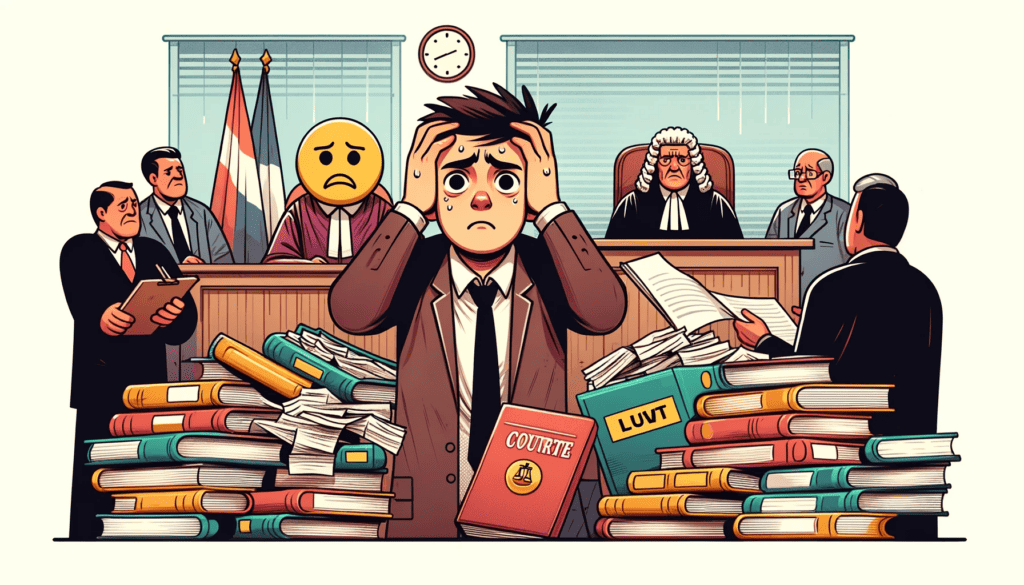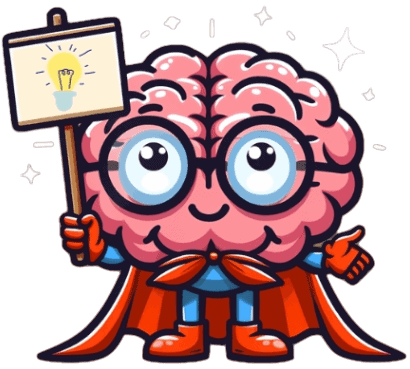
Navigating the legal system can be a terrifying task for many. While the idea of representing oneself in court might seem like a cost-effective and straightforward option, it often leads to complex challenges and unforeseen consequences. This article delves into the reasons why self-representation in court is generally not advisable.
Legal Knowledge and Experience
Complexity of the Law
The law is a complex and intricate field, steeped in jargon, procedures, and nuances that typically require years of study and practice to understand fully. Legal professionals spend considerable time learning not just the laws themselves, but how to interpret and apply them in various contexts. A layperson, no matter how intelligent, is unlikely to possess this depth of legal knowledge, which can be critical in effectively navigating a case.
Risk of Misinterpretation
Without a comprehensive understanding of the law, individuals representing themselves run the risk of misinterpreting legal statutes and precedents. This misunderstanding can lead to errors in the presentation of their case, potentially resulting in unfavorable outcomes. Legal professionals are trained to interpret law correctly and understand how to apply it to specific cases, reducing the risk of such misinterpretations.
Procedural Challenges
Court proceedings follow strict procedural rules, from filing paperwork to presenting evidence and making legal arguments. These procedures can be complex and not intuitive for those without legal training. Failure to adhere to these procedures can lead to delays, sanctions, or even the dismissal of a case.
Emotional Involvement and Objectivity
Difficulty in Maintaining Objectivity
Representing oneself in court often means dealing with issues that are personally significant. This emotional involvement can cloud judgment, making it challenging to approach the case with the necessary objectivity. Lawyers, as third parties, can maintain a level of detachment, ensuring that decisions and strategies are based on legal merit rather than emotional responses.
Stress and Pressure
Court proceedings can be stressful, especially for those without legal training. The pressure of having to navigate complex legal processes, while also dealing with the emotional aspects of the case, can be overwhelming. This stress can negatively impact one’s ability to effectively manage and present their case.
Potential for Personal Bias
Individuals may have personal biases that can skew their perspective of the case. These biases can lead to unrealistic expectations or strategies that are not legally sound. An attorney can provide a more balanced viewpoint, helping to align the case strategy with the realities of the legal system.
Lack of Advocacy and Negotiation Skills
Importance of Advocacy
Effective advocacy requires skills in legal argumentation, evidence presentation, and the ability to persuasively articulate a case. Most individuals lack training in these areas, which can put them at a significant disadvantage in court.
Negotiation and Settlement Skills
Many legal disputes are resolved through negotiation and settlement before reaching trial. Lawyers are skilled in negotiation tactics and understand how to leverage the strengths of a case while mitigating its weaknesses. Self-represented individuals may miss opportunities for favorable settlements due to a lack of negotiation skills.
Understanding Legal Precedents
Legal precedents play a crucial role in court decisions. Attorneys are adept at researching relevant case law and using it to support their client’s position. Without this knowledge and research capability, self-represented individuals might overlook critical precedents that could influence the outcome of their case.
Additional Things to Consider
Access to Resources and Legal Research
Access to legal resources and research tools is essential for building a strong case. Attorneys have access to a wide range of legal databases, libraries, and other resources that may not be readily available to the general public. Without these resources, self-represented individuals might struggle to find and interpret relevant legal materials, putting them at a disadvantage.
Understanding of Courtroom Decorum
Courtrooms have specific rules and expectations regarding decorum and behavior. This includes understanding when to speak, how to address the judge and other court officials, and the appropriate way to present information. Inexperience with these protocols can inadvertently lead to a negative impression on the judge or jury, impacting the case outcome.
Time Commitment and Personal Sacrifice
Preparing for and attending court proceedings can be incredibly time-consuming. This often requires significant personal sacrifices, including taking time off work and spending long hours on case preparation. This burden can be especially challenging for individuals with family responsibilities or demanding jobs.
Psychological Impact
Representing oneself in court, particularly in emotionally charged cases like divorce or custody battles, can have a lasting psychological impact. The stress of managing legal complexities, coupled with the emotional weight of the case, can lead to increased anxiety and stress.
Potential for Higher Costs in the Long Run
While self-representation might seem like a way to save on legal fees, it can potentially lead to higher costs in the long run. Mistakes in handling the case can result in unfavorable judgments that may be costly to appeal or rectify. Additionally, the potential for lost income due to time spent in court should also be considered.
Impact on Relationships and Professional Reputation
Legal battles can strain personal and professional relationships, especially when individuals are deeply involved in their own representation. The stress and time commitment can affect one’s demeanor and availability, potentially impacting relationships with family, friends, and colleagues.
Risk of Being Taken Advantage of by Opposing Counsel
Without a thorough understanding of the law and legal tactics, self-represented individuals are at risk of being outmaneuvered by experienced opposing counsel. This can lead to agreeing to unfavorable terms, missing out on key legal strategies, or being unaware of rights and entitlements.
Conclusion
While representing oneself in court might seem like a simple and cost-saving option, it comes with significant risks and challenges. The complexity of the law, the need for objectivity, and the skills required in advocacy and negotiation are just a few of the reasons why professional legal representation is generally the better choice. Those facing legal proceedings should carefully consider these factors before deciding to represent themselves in court.






Leave a Reply